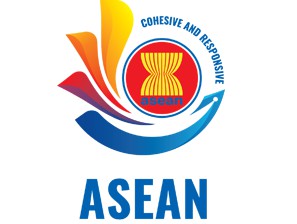

By Sunil Garodia
First publised on 2020-06-27 22:01:17
In an interesting development, the Association of Southeast Asian Nations (Asean) has taken a strong stand against China regarding its claim on vast tracts of the South China Sea. In a statement, leaders of Asean today said that the 1982 UN oceans treaty should form the basis of determining sovereign rights and entitlements in the South China Sea. This is the strongest repudiation of China's claims yet and it was time that someone had the courage to do so. It is good that the statement has come from nations on which China has nefarious designs.
China has laid claim over vast tracts of land and sea on flimsy historical, cultural affinity or racial similarity grounds. It claims that a large part of north-eastern India, mainly Arunachal Pradesh, parts of Ladakh and many other areas at the LAC belong to it. Similarly, it claims that it has sovereign rights over large tracts of the South China Sea due to historical 'evidence'. But living in the past will not do it any good. Ever since the United Nations came into being and members deliberated over various issues and settled matters by signing numerous treaties and agreements from time to time, these documents now form the basis of settling any dispute between nations or fixing the rights and entitlements of any nation over any territory, in the absence of a bilateral agreement between nations.
Only rogue nations can disregard UN treaties and one is sure that China does not consider itself as one. Hence, it should stop its expansionist policies and adhere to the rule established by the world body. It cannot ride roughshod on other nations in order to establish a world order of its own. If it continues to do so, it must remember that instead of the one-to-one engagement that it is indulging in now, it will have to face the combined might of many nations. One thing is certain though - China's bullying tactics will not succeed in the long run, despite its economic and military might.











